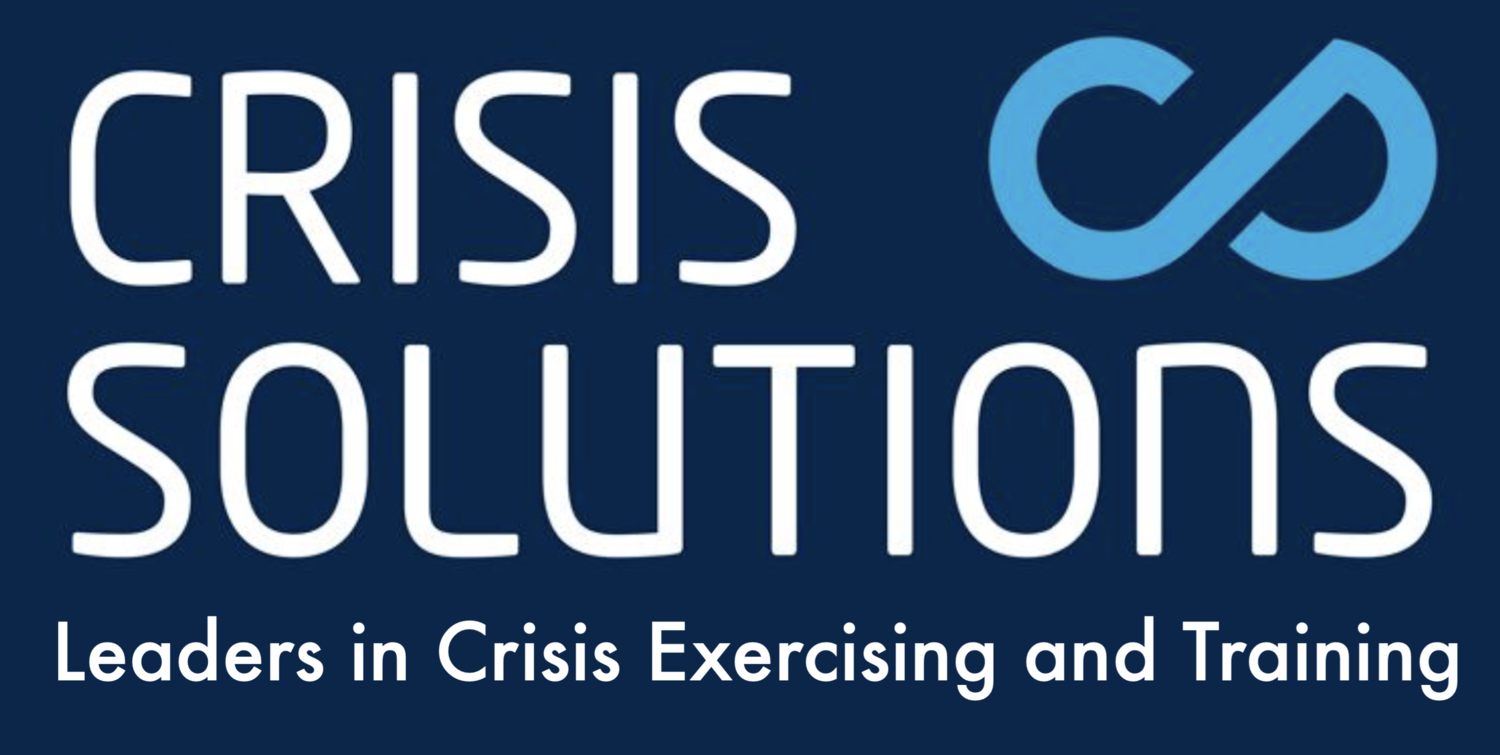Concise communication saves time in a crisis
There’s an old story of an officer sending a briefing paper to Winston Churchill during the war where the officer added the note “I’m sorry this note is two pages long - I haven’t had time to reduce it to one page.” Providing situational updates to colleagues and to teams is a critical part of crisis management, but one that is often left to chance.
Churchill’s desire to remove unnecessary words and phrases continued throughout his time in office, and his comments about communicating with colleagues during a crisis still resonate, even today. In constantly reminding his colleagues to reduce the length of communications he wasn’t just trying to save time. As he put it “…the discipline of setting out the real points concisely will prove an aid to clearer thinking.”
There is a tendency to give too much unnecessary detail during a crisis briefing, but this tendency can be curtailed by using a pre-agreed format for the briefing, often known as a Situation Report or SITREP. It’s easy to get wrapped up in the urgency of a crisis and, for many, this results in a tendency to dig ‘down in the weeds’. Human nature also means that we want to provide as full an explanation as possible in case people think we are not on the ball. Or maybe it’s a rare chance to shine amongst peers or seniors.
There are various formats for the SITREP, but essentially they all cover what has happened, what has been done to date and what needs to be done next. In the NHS in the UK a format called SBAR is emerging: Situation, Background, Assessment and Recommendation.
So brevity is the first of three key ingredients that we believe are essential in any SITREP. The next is an assessment of the impact - not just the facts. It’s so easy to fill valuable minutes by briefing on the exact nature of what has happened, but what any senior team really needs to know is ‘what is the impact?’ Or as I like to put it “What is it that our customers can’t do today because of this crisis?”
Finally, a SITREP should contain one or more recommendations. So many times we see teams reporting ‘upwards’ with a list of problems without offering any solutions. Operational crisis teams are the experts in their areas - they should be providing recommendations to the strategic team.
So, three key essentials for clear briefings in a crisis:
1. Brevity, and the associated clarity of thought,
2. Impacts as well as ‘what has happened’ and
3. Recommendations.
And on that note, I'll sign off.

